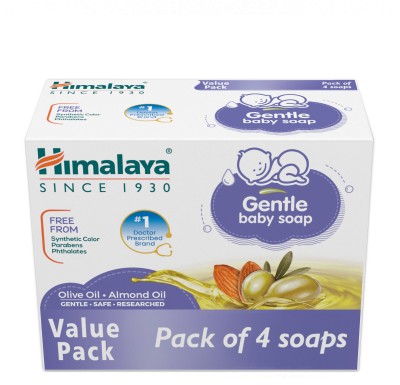
Rosevely Fat loss go slimming weight loss body fitness oil,Hips & Thigh for men & Women (30 ml)
Share
Rosevely Fat loss go slimming weight loss body fitness oil,Hips & Thigh for men & Women (30 ml)
3.9
28 Ratings & 6 Reviews₹196
₹349
43% off
@653.333/100ml
Available offers
T&C
T&C
Delivery
Check
Enter pincode
Delivery by22 Jun, Sunday
?
if ordered before 12:59 PM
View Details
Highlights
- Ideal For: For Men & Women
- Form: Oil
- Skin Type: All Skin Type
- Organic Type: Herbal
- Fragrance: Olive Oil
Services
- Cash on Delivery available?
Seller
Description
Wight Loss Massage oil, also known as intra-abdominal oil, refers to the accumulation of oil within the abdominal cavity.
This condition can occur as a result of various factors, including trauma, surgery, or underlying medical conditions such as pancreatitis or liver disease.
The presence of Rosevely oil can lead to significant complications and discomfort for the affected individual.
Symptoms of Wight Loss oil may include abdominal pain, swelling, nausea, vomiting, and difficulty breathing.
Diagnosis of belly drainage oil typically involves physical examination, imaging tests such as ultrasound or CT scan, and analysis of fluid samples obtained from the abdominal cavity.
Treatment options for belly drainage oil depend on the underlying cause and severity of the condition. In some cases, conservative management with dietary changes and medication may be sufficient.
If the accumulation of oil is significant or causing complications, more invasive interventions may be required. These can include drainage of the oil through a procedure called paracentesis or surgical interventions to address the underlying cause.
Complications of Wight Loss oil can include infection, abscess formation, organ dysfunction, and impaired wound healing.
Prevention of Rosevely oil involves addressing and managing underlying conditions such as pancreatitis or liver disease, as well as taking precautions to avoid abdominal trauma.
Regular follow-up with healthcare professionals is crucial for monitoring the condition, managing symptoms, and addressing any potential complications associated with Massage oil
Read More
Specifications
In The Box
| Sales Package |
|
| Number of Contents in Sales Package |
|
General
| Ideal For |
|
| Quantity |
|
| Container Type |
|
| Form |
|
| Composition |
|
| Fragrance |
|
| Skin Type |
|
| Organic Type |
|
| Net Quantity |
|
Ratings & Reviews
3.9
★
28 Ratings &
6 Reviews
- 5★
- 4★
- 3★
- 2★
- 1★
- 15
- 3
- 4
- 3
- 3
5
Worth every penny
Just go for it. It is very good product. I am using since very long time.
READ MOREDeven Shetty
Certified Buyer, Kalyan
Dec, 2022
3
0
Report Abuse
5
Super!
Rosevely is the best brand for fat loss. I reduced my weight by 5kgs within a month.
READ MOREDarshil Hariya
Certified Buyer, Kalyan
Dec, 2022
2
1
Report Abuse
5
Terrific purchase
Impressed with the quality of the product. Too good.
READ MOREAksh Gangar
Certified Buyer, Kalyan
Dec, 2022
1
0
Report Abuse
2
Slightly disappointed
Not worth
READ MOREMuthuvelmani
Certified Buyer, Madurai
5 months ago
0
0
Report Abuse
5
Mind-blowing purchase
Very good product
READ MOREpappu rana
Certified Buyer, Chatra
Apr, 2023
0
0
Report Abuse
+
All 6 reviews
Questions and Answers
Q:Is this really works?
A:Yes sir
It's definitely work.
Try
ELLINGRON
Flipkart Seller0
0
Report Abuse
Didn't get the right answer you were looking for
Safe and Secure Payments.Easy returns.100% Authentic products.
Back to top








